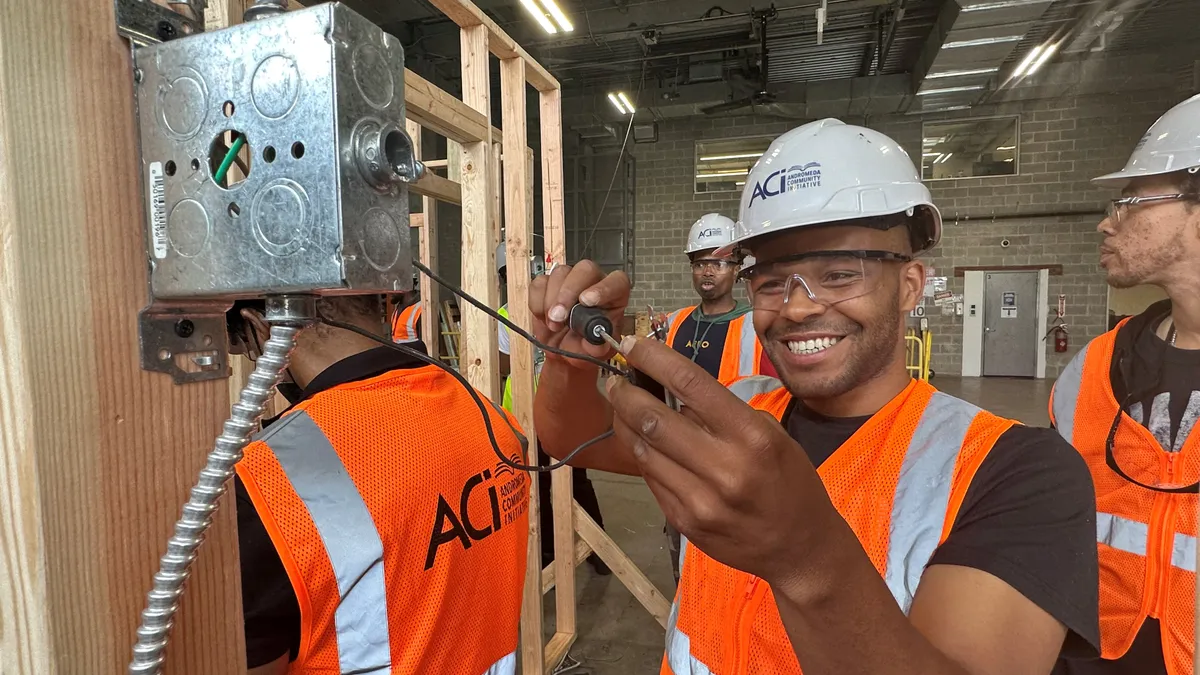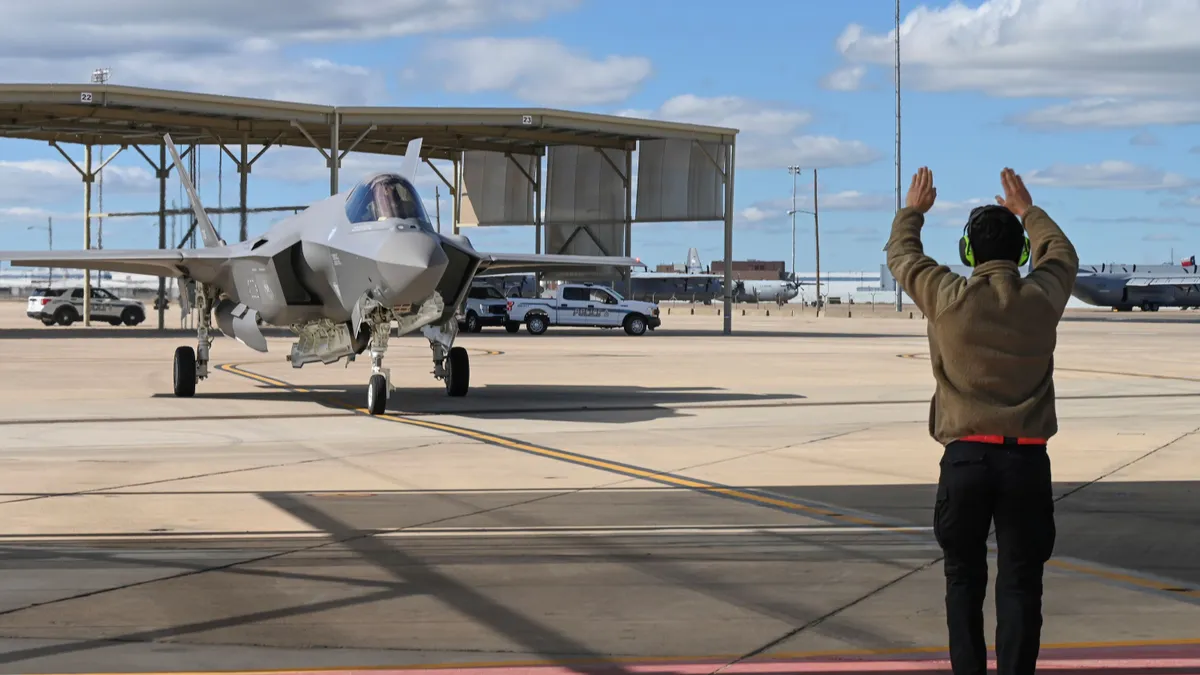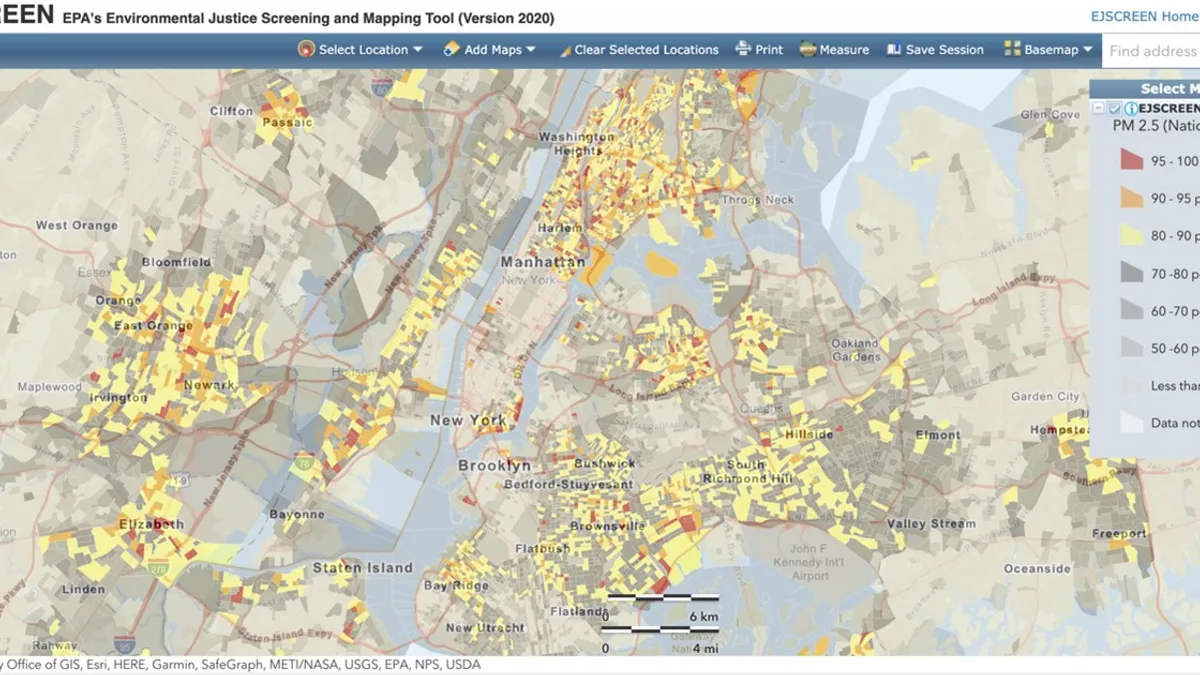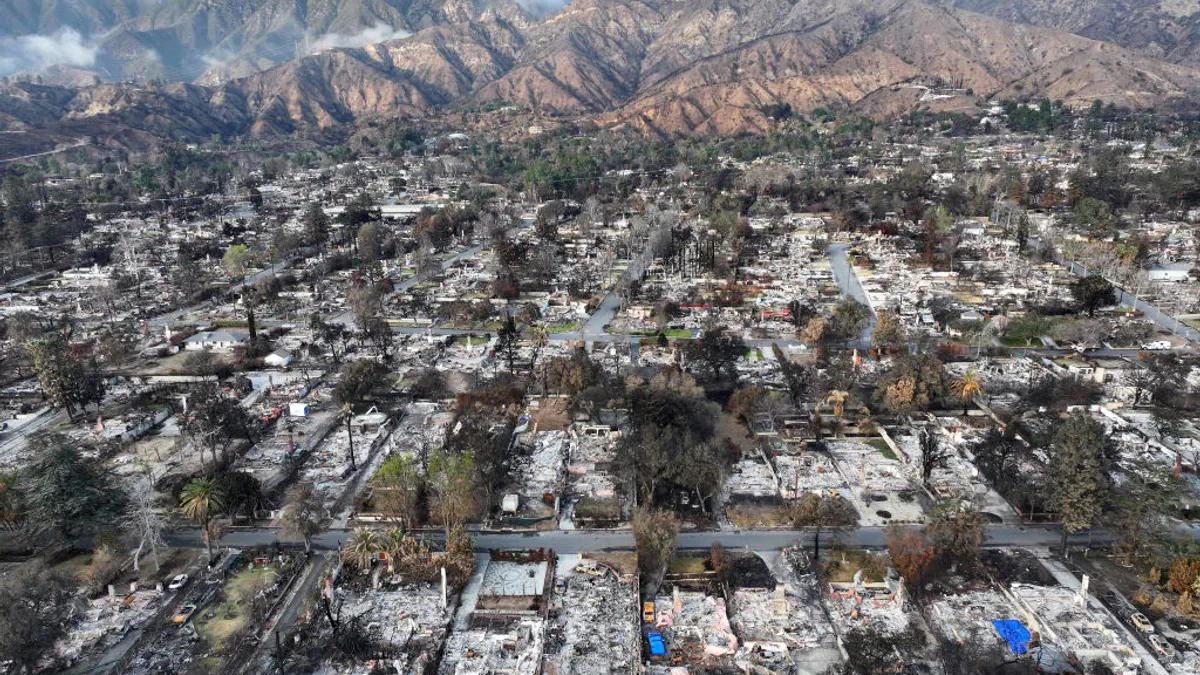The construction industry faces a stark shortage of workers, but programs and people across the country are working at the local level to solve the problem. This series highlights the grassroots efforts helping to recruit the next generation of construction pros. Read previous entries here.
Do you know of a group that is helping to attract workers to the construction industry? Let us know.
Carlos Maldonado tried to get OSHA training and certification for years.
Born in Puerto Rico and raised in Brooklyn, New York, from the age of 5, Maldonado said he had recently worked in delivery and factory work and was unemployed for a year before that. He said he had long sought a career in the construction trades but couldn’t pay for the classes needed for certification.
All that changed when Maldonado, 40, found the Andromeda Community Initiative, a local nonprofit providing free professional development to underserved and underemployed populations in an effort to connect them with careers in the construction trades. Now he works for Brooklyn-based exterior renovation firm Skyline Restoration, where he said he’s making $25 an hour, $30 on the weekends, considerably better than his previous jobs.
ACI helped him to get the necessary training — and later the job. He graduated from the ACI program in February.
“Once I got all my certifications, I went and spoke to [ACI and they said], ‘Listen, come in Monday you got an interview. Tuesday, you got an interview,’” Maldonado told Construction Dive. “So it was like for the better. Period.”
ACI background
Launched in 2018 in partnership with several building restoration contractors, Long Island City, New York-based ACI has trained over 700 people in workforce and trades skills and is on track to serve another 200 in 2024. The nonprofit claims it graduates 85% of enrollees and places about four in five into jobs within nine months of program completion.
The majority of participants are people of color, according to the nonprofit, and are often individuals trying to overcome homelessness, criminal justice reentry or dependence on welfare. Maldonado, for example, said he discovered ACI from a welfare program connection.
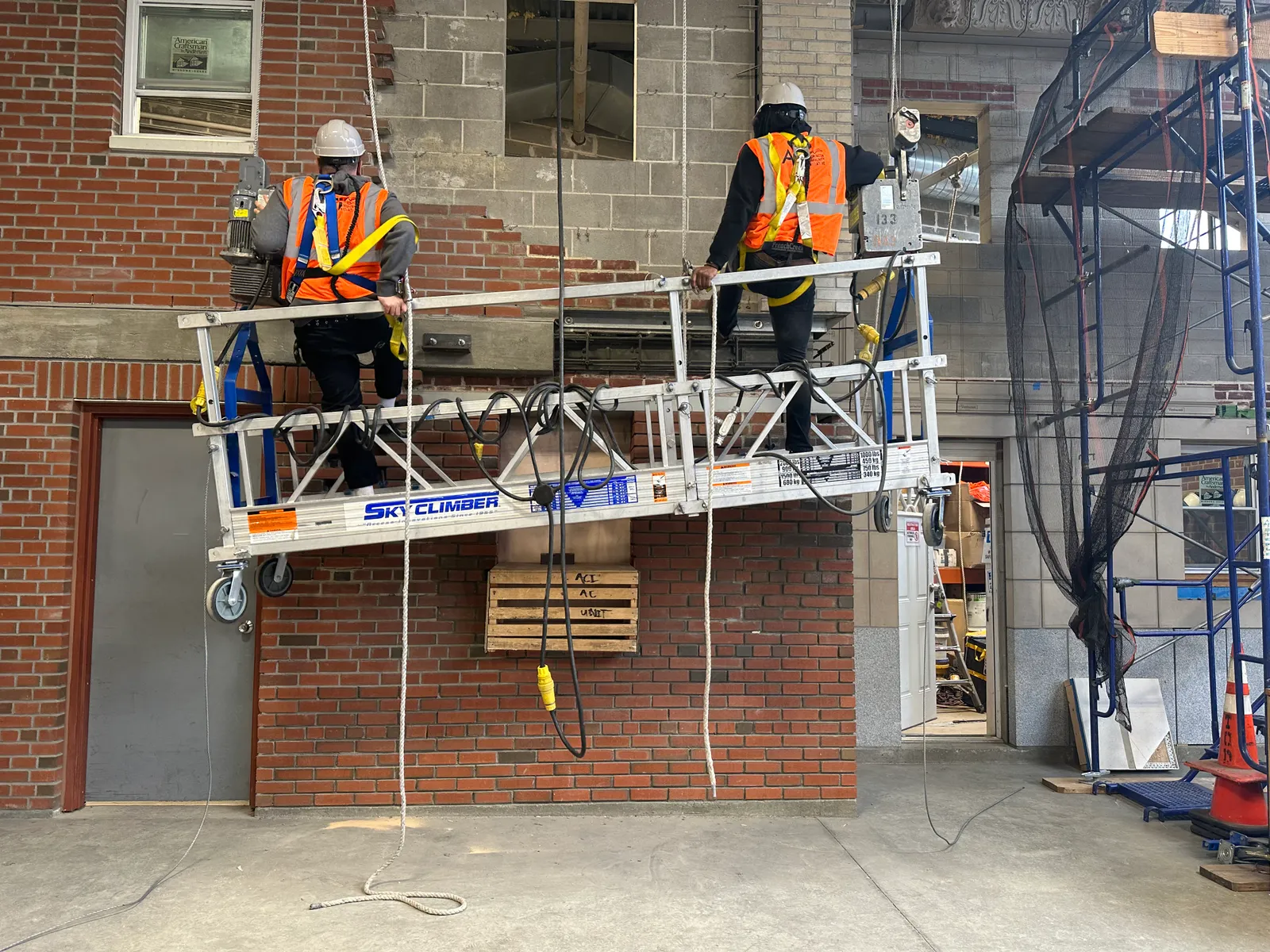
The nonprofit offers a multitude of training opportunities, even transforming a warehouse to a practice jobsite, full of scaffolding and power tools.
Attendees get certifications in suspended and supporting scaffolding, site safety, silica awareness, DOT flagging and more, according to Sophia Oliveira, the organization’s director of development and fundraising.
The primary offering, however, is a five-week cohort in masonry and general construction, Oliveira said, but ACI also launched last year an eight-week cohort that tacks on “an additional three weeks that really hone in on green construction and energy-efficiency skills,” Oliveira said.
After that, the company helps with both new job placement and re-placement after furloughs, said David Nidus, executive director. Even beyond that, Nidus said, ACI will help enrollees to advance in their careers in ways such as through securing supervisor certifications.
Barriers to entry
From transportation to childcare or reentering the workforce from incarceration, ACI helps individuals who often face obstacles to long-term employment, especially when they need training.
Sometimes, those barriers come from unrealistic expectations from the industry.
“I think one of the things we hear from employers sometimes is, ‘That's great. Your program sounds interesting, but we want people with two years experience,’” said Nidus. “And one wonders how anyone ever gets a job in the field because everyone needed two years experience.”
Nidus said he sympathizes with that mindset, as contractors often have to focus on delivering projects rather than training employees.
“The idea of that, maybe, that you’re going to have 20 people on a jobsite and they’re all relatively green, that’s not maybe the way you want to set up your jobsite, I get that,” he said. “But what I do realize is that there should also be a mix of people. You should always be thinking about who’s going to be staying with your company over the long term.”
One method ACI has adopted for getting workers experience without putting too much risk on employers is providing supportive internships, Oliveira said, encouraging employers to test out newly trained ACI grads for $18 to $20 an hour.
“We’ll cover their salary and insurance for a 200-hour period,” Oliveira told Construction Dive. “We’ve had quite a few employers actually hire full-time from that intern pool. So, again, it’s really about bridging the gaps to employment, offsetting wages and meeting graduates where they’re at in their journeys.”
Post-graduation
Speaking to Construction Dive as he took the train and walked home on a Friday evening, Maldonado said he had made new connections through ACI, both within the organization and at his new employer.
He also has connected other people to the nonprofit, including a friend who seeks to reenter the workforce after 10 years of incarceration. He said he knows the opportunity the trades present, but also encourages those he’s introduced to ACI to work hard — in part to not make him look bad for recommending them, he joked.
“I owe these people a lot. Like my life has not only changed for the better,” Maldonado said. “I'm able to take care of my daughter better. I'm able to take care of myself better.”



